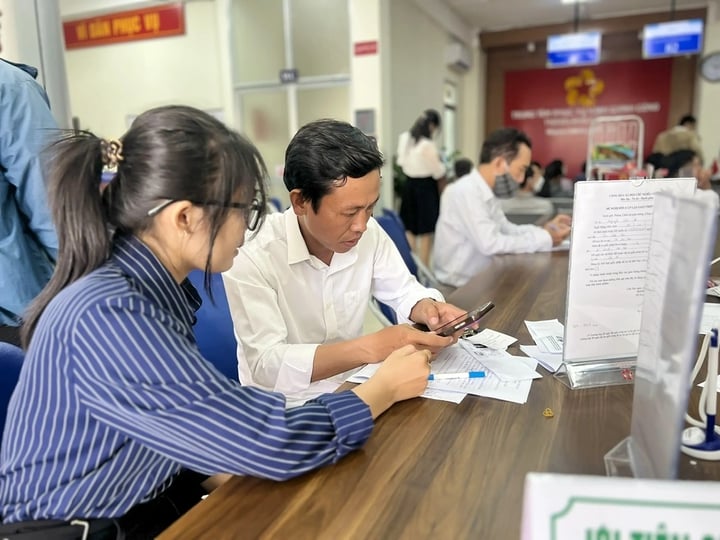
Support people to submit documents online at Can Tho City Public Administration Service Center.
From existing platforms to new steps after merger
At the working session of the Inter-sectoral Working Group on Smart Urban Development with the People's Committee of Can Tho City, Deputy Minister of Construction Nguyen Tuong Van assessed that Can Tho has a favorable foundation thanks to the results achieved in the former localities of Soc Trang and Hau Giang before the merger. These two localities were pioneers in implementing smart urban areas in the Southern region, creating a strong enough data and technology ecosystem for Can Tho to inherit and develop.
In the old Hau Giang , the "Hau Giang App" application received more than 12,000 complaints from people, reaching a processing rate of 95%, demonstrating the ability to effectively interact between the government and people in the smart urban model. The inter-sectoral network security monitoring center helps improve management capacity in industrial parks, schools, and hospitals.
In the old Soc Trang, the Intelligent Operation Center (IOC) has been in operation since 2020, developing 16 subsystems and 2 shared applications. This IOC has connected data from public administration, health, education to environment, social security, tourism, etc., thereby helping local leaders grasp the situation immediately and make quick, practical decisions.
For Can Tho City, the piloting of the Smart Urban Operations Center before and after the merger has brought practical results. The system monitors 8 areas, from socio-economics, security and order to tourism, environment and network information. The urban spatial planning platform (SPP) and the FRMIS flood risk management system have strongly supported planning, flood prevention and technical infrastructure management. Some districts such as Binh Thuy, Phong Dien and Vinh Thanh have deployed component IOCs, creating an important step towards a unified operating model for the whole city.
These achievements are considered an important stepping stone in the context of Plan 02-KH/BCĐTW setting high requirements on data connectivity, information sharing, apparatus optimization and serving people on digital platforms.
Great determination from strategy to action
On September 30, 2025, Can Tho City People's Committee issued Decision No. 1449/QD-UBND approving the Smart Urban Development Strategy to 2030, with the orientation of building digital urban government, modern infrastructure and applying artificial intelligence in management. This strategy is specified by Plan No. 97/KH-UBND issued on October 2, setting out the tasks of synchronizing data, developing digital government, building smart urban planning and developing key areas such as transportation, healthcare, education, tourism and agriculture.
The spirit throughout the two documents is consistent with the requirements of Plan 02-KH/BCĐTW: all digital transformation activities must be people-centered, businesses enjoy a transparent investment environment, and the two-level government must operate uniformly based on data.
However, according to the Department of Construction's report, the locality still faces difficulties due to the lack of standards and cost norms for smart urban development. Can Tho representative proposed that the Ministry of Construction issue guidelines for establishing and adjusting the Smart Urban Development Project after the merger, as well as support connecting investment enterprises and piloting new models in the Mekong Delta region.
Digital transformation becomes a growth driver
Can Tho has issued a Digital Transformation Plan for 2025 with the goal of being among the top 10 localities in the country in digital transformation. This plan focuses on three pillars: digital government, digital economy and digital society.
According to the city's goals, 100% of eligible administrative procedures will be provided online; 80% of records will be processed online; 100% of new records will be digitized and 100% of periodic reports will be shared on the city's reporting information system and connected to the Central Government. These goals are consistent with the data interconnection and process integration requirements of the two-level government after the merger.
In the field of digital economy, the city aims for the digital economy to account for at least 20% of GRDP, 80% of commercial enterprises to use electronic contracts and 99% of enterprises to pay taxes electronically. Regarding digital society, the proportion of adult population with digital certificates will reach over 50%; 100% of communes and wards will have fiber optic internet and 5G network; all students and residents will be able to use digital transcripts and electronic health records.
According to Vice Chairman of Can Tho City People's Committee Tran Chi Hung, in the coming time, the city will focus on building a smart urban information infrastructure platform; prioritizing smart technical infrastructure, socio-economic infrastructure; deploying new urban areas according to the smart urban model; enhancing connectivity and data sharing between agencies to serve evidence-based management. The Department of Science and Technology is assigned the focal role in deploying IOC, digital infrastructure, databases and smart urban projects in each specialized field such as transportation, education, health, urban planning./.
Source: https://mst.gov.vn/can-tho-tang-toc-xay-dung-do-thi-thong-minh-197251117110835437.htm





![[Photo] General Secretary To Lam and National Assembly Chairman Tran Thanh Man attend the 80th Anniversary of the Traditional Day of the Vietnamese Inspection Sector](https://vphoto.vietnam.vn/thumb/1200x675/vietnam/resource/IMAGE/2025/11/17/1763356362984_a2-bnd-7940-3561-jpg.webp)









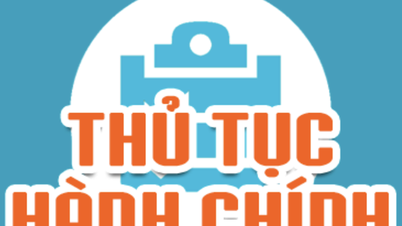







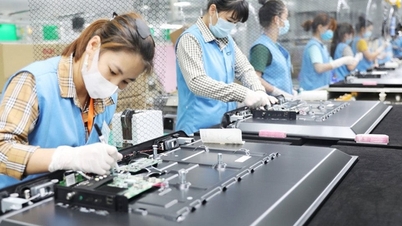





















































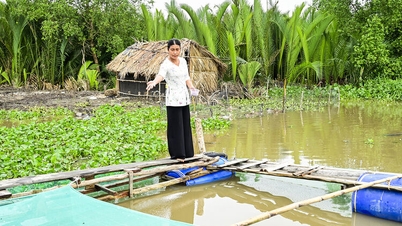
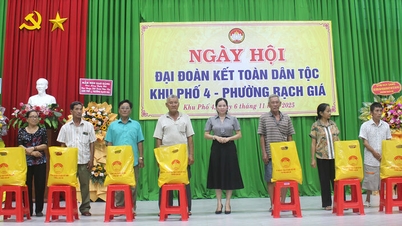
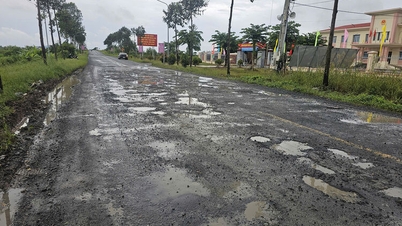













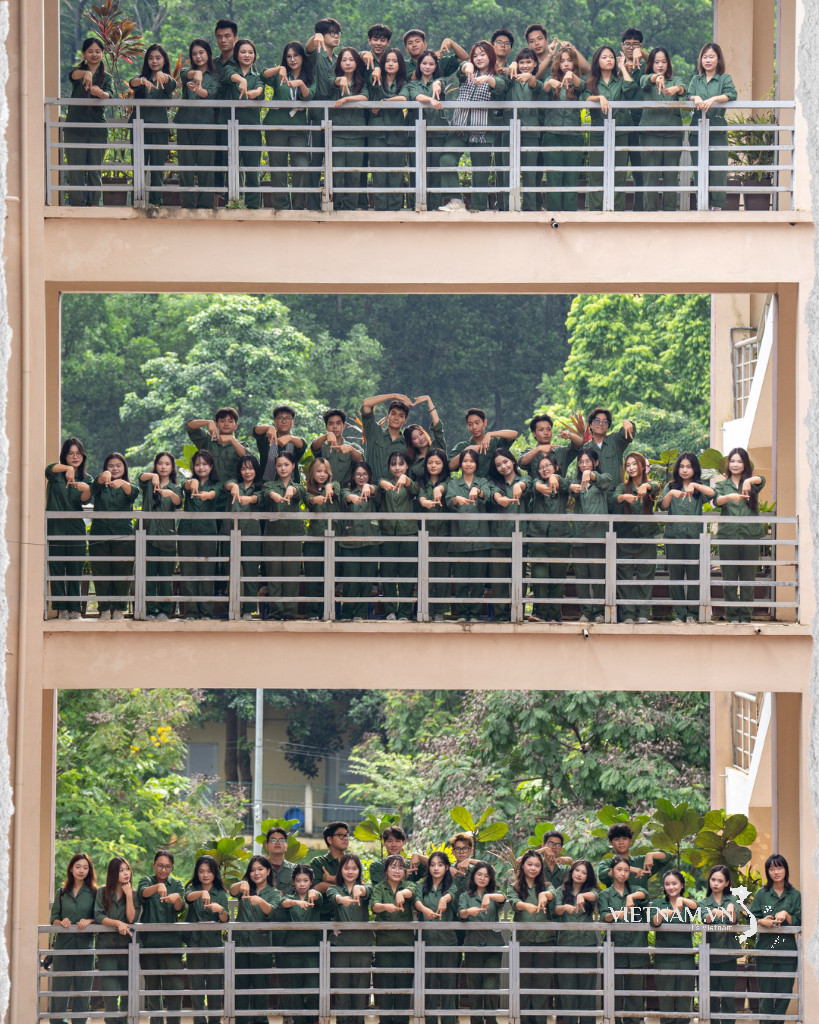

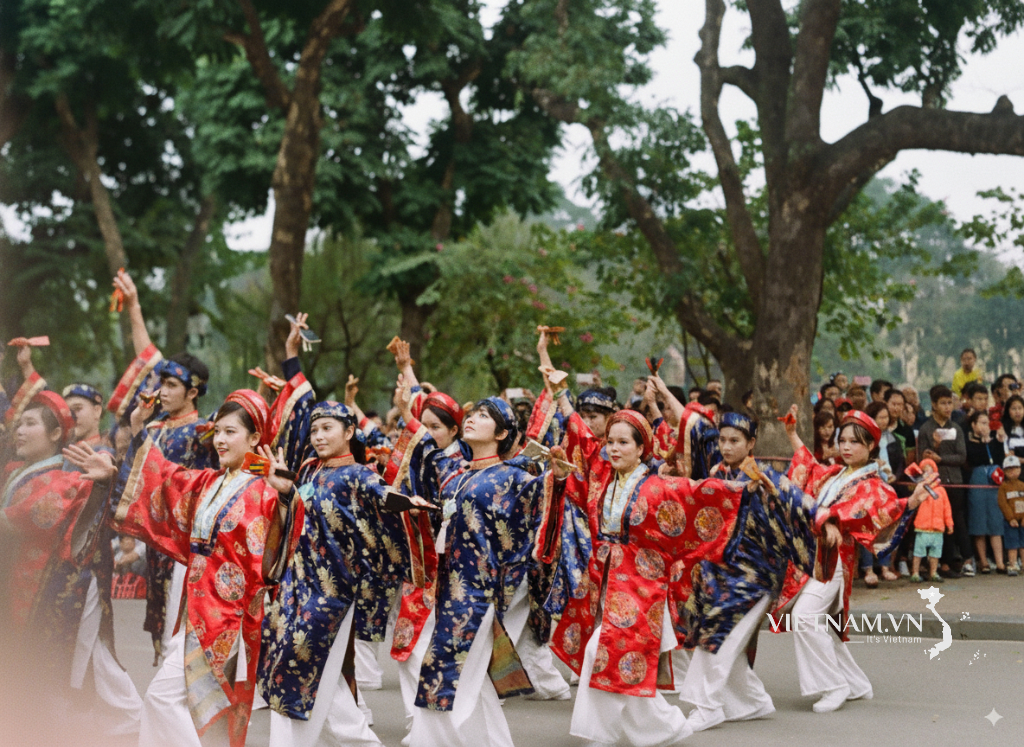
Comment (0)